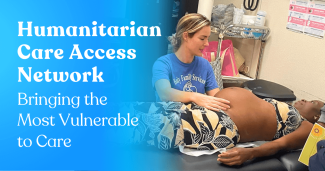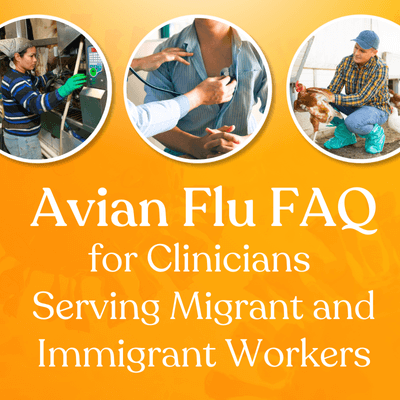Humanitarian Care Access Network: Bringing the Most Vulnerable to Care
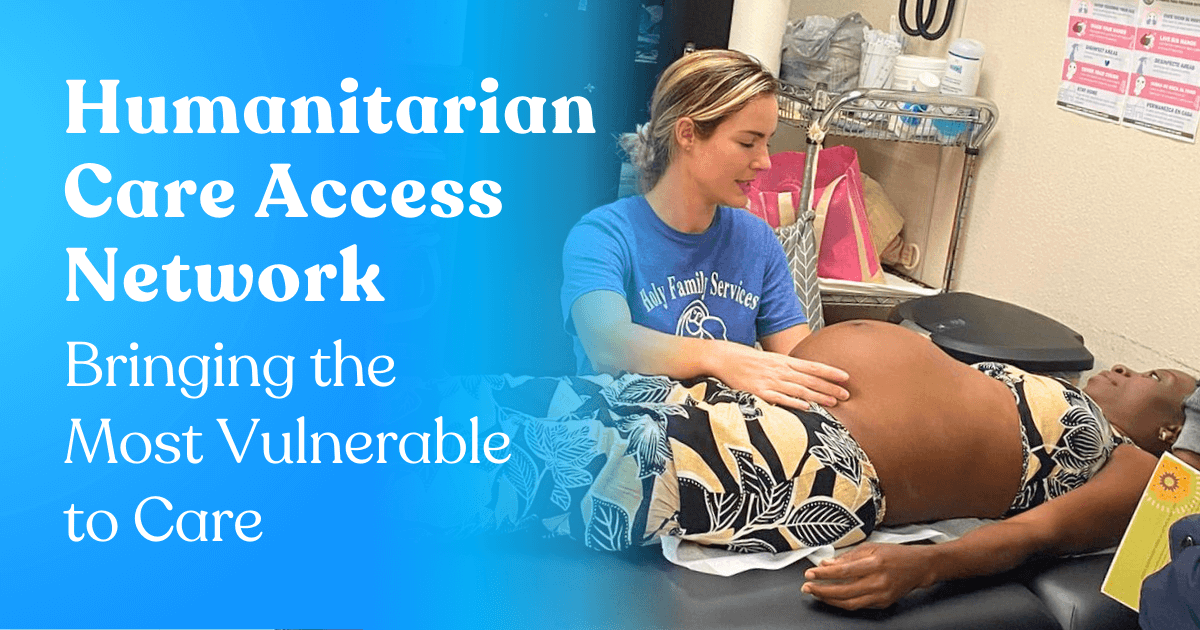
For decades, Migrant Clinicians Network (MCN) has worked for change at the US Southern border to ensure that people entering the country receive adequate health care. Health Network, our virtual case management program, connects migrants with ongoing health needs to care wherever they travel – and our newest modification to Health Network aims to increase access to care as migrants leave the border region. Through a recently launched partnership with at least seven shelters on the US Southern border in communities with high concentrations of immigration and migration, and with activation of our Humanitarian Care Network (HCN) – MCN’s partnership with University of Texas, Rio Grande Valley School of Medicine, Texas Children’s Hospital/Baylor College of Medicine (THC/BCM) Research Institution, and Stanford School of Medicine -- MCN is setting out to create a structural change to the current system to improve health outcomes for immigrants, migrants, and asylum seekers by identifying and removing health access barriers. With the HCN and bolstered by our research partners at Baylor College of Medicine, we have launched a new project funded by the National Institutes of Health’s Community Partnerships to Advance Science for Society (ComPASS), to bring the most vulnerable to care.
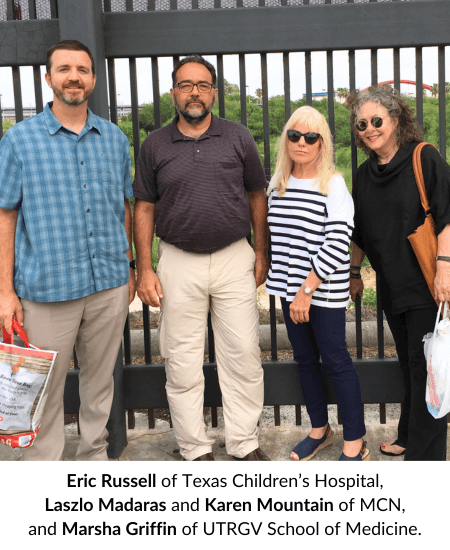
“Texas Children's Hospital and Baylor College of Medicine have been working with Migrant Clinicians Network and other partners at the University of Texas Rio Grande Valley and Stanford University to improve the health of newly arrived immigrants since 2018,” said Eric Russell, MD, physician in Pediatric Emergency Medicine as well as Global & Immigrant Health at Baylor College of Medicine, Texas Children Hospital. “In particular, we have focused on improving access to care for newly arrived immigrants with urgent medical needs. The NIH ComPASS grant will support this effort as we aim to not only expedite access to urgently needed medical care but also work towards understanding and improving the system that receives and supports this community. We hope that in the future, newly arrived immigrants with urgent medical needs will be identified and connected with appropriate medical resources in a comprehensive and compassionate manner.”
The modified system will make it easier to identify high-risk patients at shelters across the border and enroll them into our Health Network program, where they can receive case management that connects them to critical health care and other services.
As we build the comprehensive system, work with local partners, and study results from this project, we can better understand the barriers to care that migrants face and take steps to address them before they become a problem for a new person entering the United States. We will also work with local partners and shelters to quickly identify which patients need ongoing or urgent medical care as they transition to life in the United States.
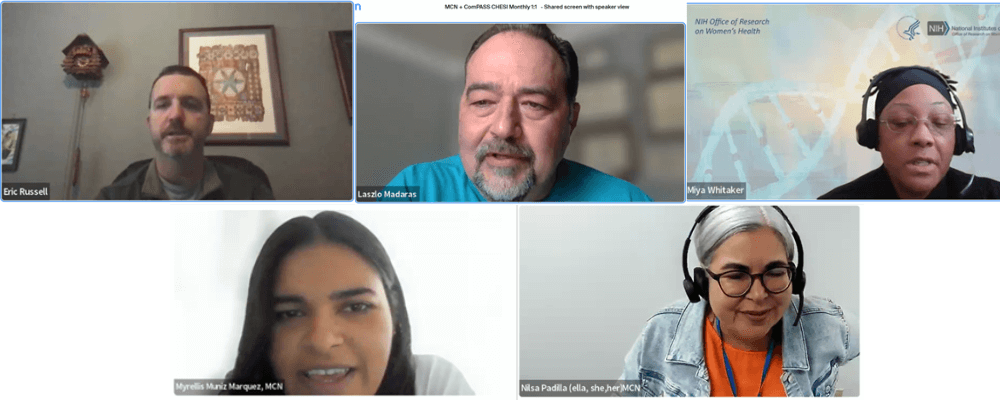
MCN meets with partners to discuss how the project can be used to remove barriers to care.
This system will be the first of its kind, attempting to seal the cracks that many medically at-risk children or pregnant migrants and immigrants might slip through as they move through shelter systems and detention on the border into their new lives. We know that many of these migrants and immigrants are not receiving adequate care, and this system will help to prevent that problem of lacking care while also making it easier to identify these patients and enroll them into case management.
As we develop the structural intervention, we will better identify the barriers that have caused a lack of referral to medical care and propose policy and social solutions that can be adopted to ensure that no sick person goes without care, that no parents go without prenatal care, and that babies are born happy and healthy.
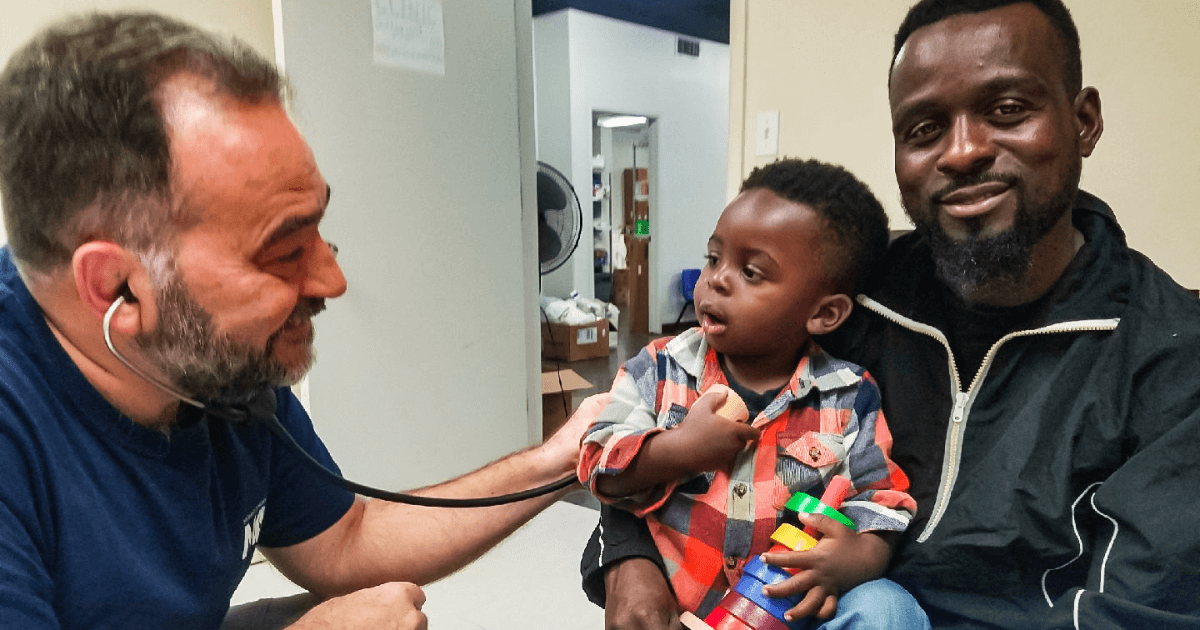
“We all, every one of us, deserve to be healthy and live our lives to the fullest,” said Deliana Garcia, MCN’s Chief Program Officer of International and Emerging Issues. “This initiative gives us the opportunity to dream and envision the best possible world, by allowing us to consider the entire system and the changes needed to make it work for the well-being of all.”
- Log in to post comments
